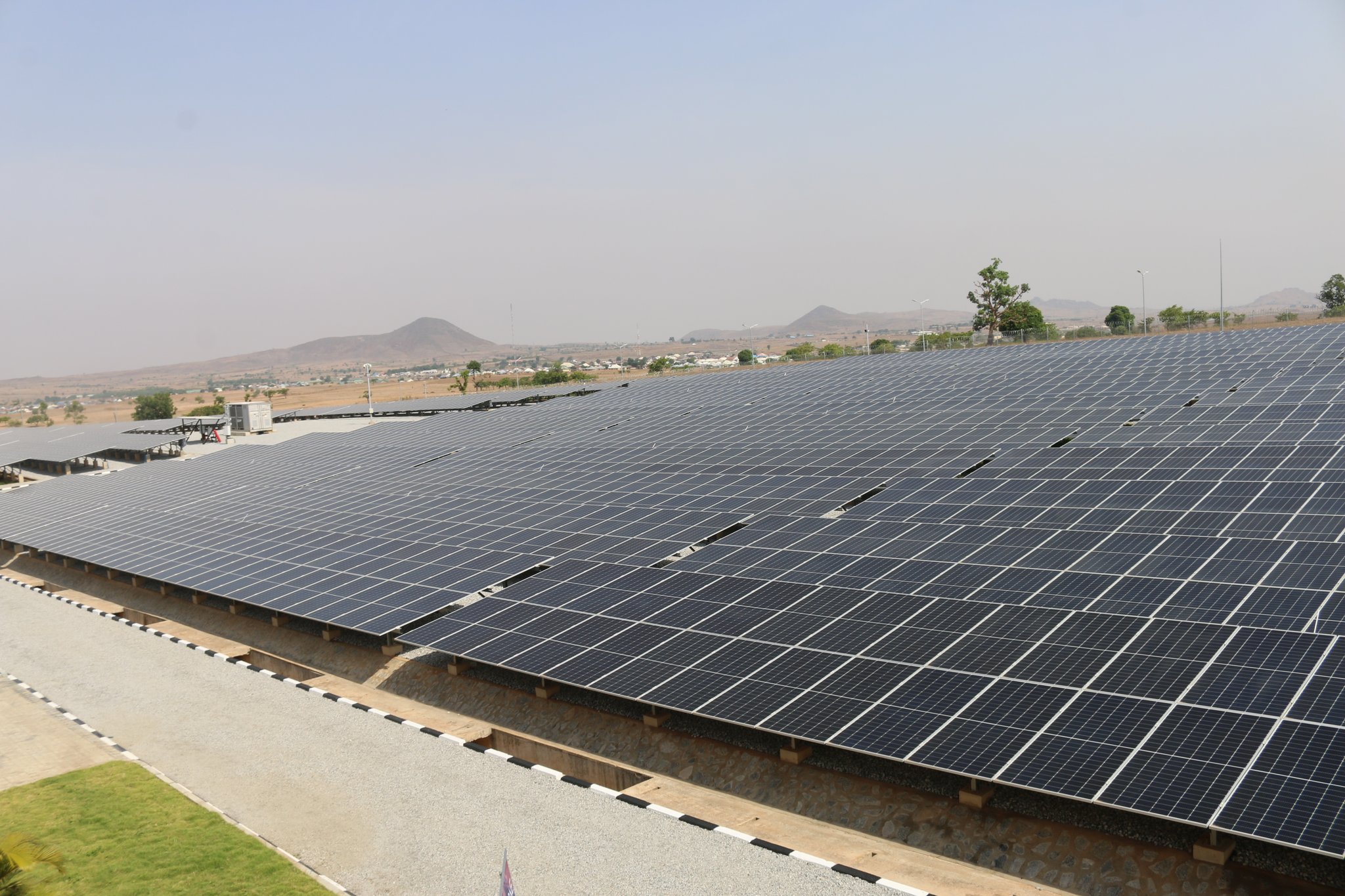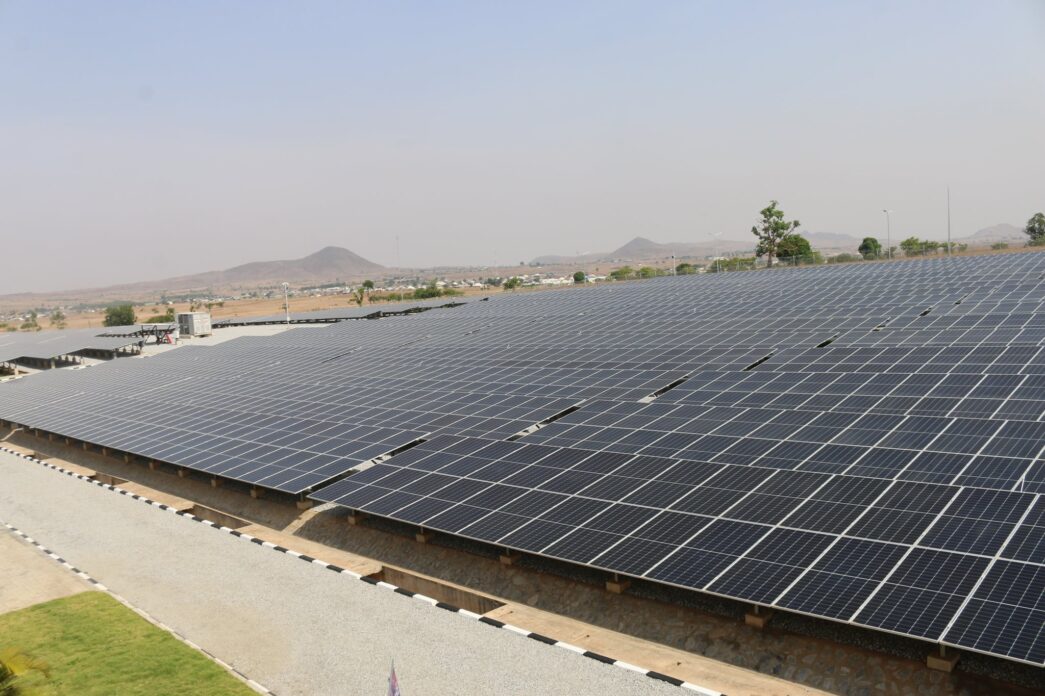The federal government has launched a solarisation programme to power public institutions with clean energy.
This is part of broader efforts to reduce diesel reliance and promote sustainable infrastructure.
The initiative, known as the National Public Sector Solarisation Initiative (NPSSI), was formally launched on Thursday, following the signing of a memorandum of understanding.
The agreement is between the Rural Electrification Agency (REA), the budget office, the Infrastructure Corporation of Nigeria (InfraCorp), and the Ministry of Finance Incorporated (MOFI).
Advertisement
NPSSI is designed to accelerate the deployment of distributed solar energy systems across critical public sector infrastructure, including schools, hospitals, government offices, and security posts.
Speaking on the project, Abba Aliyu, managing director of REA, said the NPSSI represents a significant step toward Nigeria’s clean energy transition and the localisation of renewable infrastructure.
“What makes this truly remarkable is the collaborative spirit behind it. We are witnessing a new era of inter-agency synergy, driven by creativity, fiscal responsibility, and a shared determination to reduce the cost of governance while meeting our national energy transition goals,” he said.
Advertisement
Aliyu said the project’s first phase (Phase 0) is fully funded (N100 billion) by the federal government.
He said future phases will adopt blended financing models to attract private capital from both local and international funders, without relying on sovereign guarantees or creating contingent liabilities.
Also speaking at the signing ceremony, Tanimu Yakubu, director-general of the budget office, said solarisation has become a necessity to bridge Nigeria’s longstanding energy gap while improving fiscal efficiency across public sector operations.
“The NPSSI will help demonstrate the ability of public institutions to pay for clean energy, which is exactly what the capital market needs to ensure bankability,” he said.
Advertisement
‘NIGERIA NEEDS TO LOCALISE ENERGY’
On his part, Lazarus Angbazo, chief executive officer (CEO) of InfraCorp, described the initiative as a model for the future of infrastructure finance in Nigeria.
“For decades, the sector has relied solely on public financing,” he said.
“Government is indispensable, but it is not enough. We need to localise energy capability and integrate the supply chain.”
Advertisement
Armstrong Takang, MD of MOFI, represented by Femi Ogunseinde, the agency’s chief investment officer, noted that Nigeria must now rethink its energy financing models to shift away from fossil fuel dominance and high-cost power.
“Our energy mix has historically been unfairly weighted on fossil fuels. We must create business models that reduce the cost of power and expand access without sovereign guarantees,” he said.
Advertisement
Takang also said NPSSI is expected to create local jobs, promote sustainability, and support Nigeria’s ambition to become a renewable energy hub in Africa.
Advertisement









